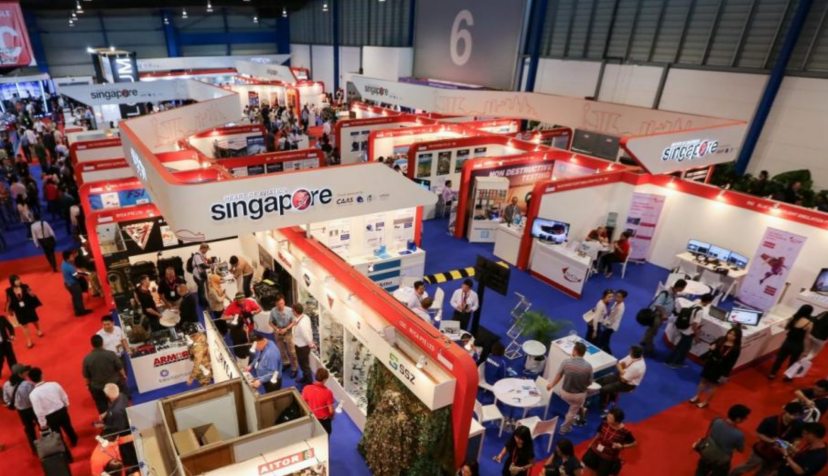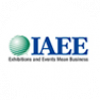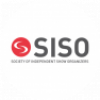Under the Temporary Permit (Exhibition) Scheme (TPES), which caters to the seasonal manpower needs of the industry, firms can hire and deploy foreign work pass holders to carry out installation and teardown of exhibition stands/booths, if the workers are employed through:
1) A mainstream Services account; or
2) A mainstream Manufacturing account, provided the structure to be installed is fabricated in the company’s factory located in Singapore; or
3) A mainstream Construction account, provided:
- The structure to be installed is one that requires a BCA temporary permit; or
- The firm is registered on the new Registry of Firms for Build-up and Teardown Activities. To qualify for this Registry, Construction firms need to produce proof of at least S$100,000 of contracts in build-up and teardown activities in the past one year. MOM will send a separate email on the registration procedure in due course.
4) Firms are allowed to hire Malaysian workers for up to 3 weeks without being subject to Dependency Ratio Ceiling under this scheme to cater to the seasonal manpower needs of the industry. Firms using this scheme are subject to the following conditions:
- Direct employment under Services account: The firm must be the direct and legal employer of the workers, and hire them under a Services account.
- Levy Rate: The firm will pay the Tier 1 Services sector levy rate for each worker employed. The current higher-skilled levy rate is $300/month and the basic-skilled levy rate is $450/month.
- Prior Approval Application: The firm must apply for prior approval before submitting the actual Work Permit (WP) application as per current arrangement. MOM is making changes to the prior application procedures and will advise on the new procedures in due course.
- Deployment Venues: The Malaysian workers can only be deployed to any of the following six exhibition venues in Singapore: Suntec Convention Centre, Marina Bay Sands, Singapore Expo, Changi Exhibition Centre, Resorts World Sentosa and Raffles City Convention Centre. As long as the worker has been approved under TPES, he can work at any of the six exhibition venues for the given duration of the Temporary Permit. Firms who wish to deploy TPES workers outside these approved venues must obtain support of a sector agency, and submit a letter to MOM from the sector agency expressing its support as part of the prior approval application process, for MOM’s assessment.
Companies in the Services sector can submit their TPES request directly via this link here.
For companies not registered under the Services sector:
- Company to submit a request to add their services activity via form here.
- If the request is approved, MOM will provide a letter for the company to apply to CPF Board for a CPF account under the new services activity*.
- Company to apply online with CPF Board and upload a copy of the letter.
- Company can declare the services business activity online here three working days after receiving the outcome from CPF Board.
- Once the request is approved, company can submit a TPES request via https://www.mom.gov.sg/tpes.
*Note that once the request is approved, the company will have 2 CPF accounts (1 under the non-services sector and another under the services sector). The company does not need to top up the Services CPF account in order to quality for TPES, the firm need only have an account under the services sector.
Employment of Foreign Manpower Act (EFMA)
- All foreigners who intend to work in Singapore must have a valid pass (commonly known as a work visa) before they start work. If you are engaging foreigners to work in Singapore, you must ensure that they hold a valid pass.
- Work pass controls are set up to manage the number and criteria of foreigners permitted to work in Singapore and complement the local workforce.
- Foreign workers with valid work passes are protected under the Employment of Foreign Manpower Act (EFMA), with their employment rights (well-being and entitlements) covered under the employment laws.
Find out what EFMA covers and your key responsibilities as an employer under the Act here.













